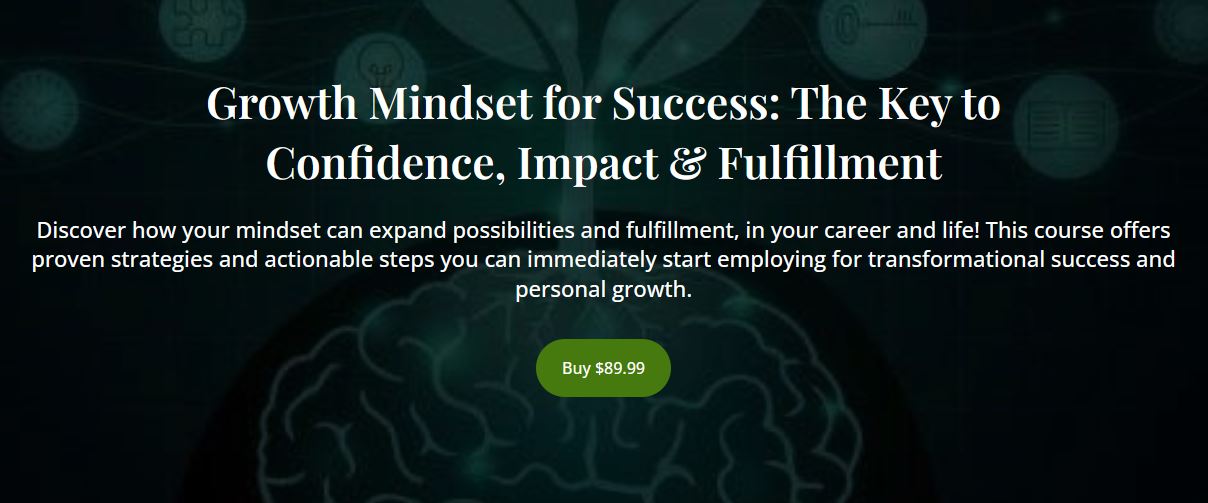We often think that when we get in the way of our own success that we are self sabotaging ourselves. However, the belief that we are self sabotaging our success is based on a misunderstanding of how our minds work. Two forces that govern all of human behavior and those two forces are seeking and aversion. Everything that we think or do is based on either seeking out happiness or expressing an aversion to that which we believe will result in us experiencing unhappiness.
We pursue goals because we believe that their achievement will result in the happiness and success. However, we often neglect to realize there is also a payoff for not achieving our goals. When I was much younger, I remember how I always wanted to be a doctor. I followed the academic path that was required for getting into medical school. My dream lasted until I experienced my first physics class. It was at that moment that I decided that I did not want to become a doctor. Why did I give up my dream? That physics class caused me to develop a whole new set of beliefs, such as:
- Physics is too difficult for me.
- I will never get the grades I need.
- What if I devote myself to this class, and I still do not get accepted to vet school?
This type of thinking resulted in my aversion to studying physics overshadowing the seeking spirit that had guided me earlier. I was not self-sabotaging. Rather, I allowed my mind to perform its normal function of avoiding potential pain.
True success occurs when we learn to master our minds rather than letting it master us. True success comes when learn to manipulate these two forces of seeking and aversion in a manner that works for us instead of against us. Here is a simple method for taking control of these two forces. For it to be effective, this exercise needs to be written out:
- Take a full sheet of notebook paper and fold it in half lengthwise.
- On top of the paper, write out the goal that you are pursuing.
- On the left side of the paper, write down all the ways that you will benefit if you achieve your goal. When you think of the benefits of achieving the goal, think of how you would benefit in all areas of your life. For example, if my goal is to exercise daily, I would think of how achieving this goal would benefit me emotionally, mentally, physically, financially, and in my relationships. Write down as many reasons as you can. As you write out your reasons, become fully associated with the feelings that arise. Experiencing your feelings is key to this exercise.
- When you complete your list, repeat this exercise on the right side of the paper. However, this time you are going to list all the consequences that you will pay for not achieving your goal. As in the previous step, write how not achieving your goal will affect you in all the areas of your life. Additionally, become fully associated with the feelings that you experience as they arise.
- Review your lists each day, once in the morning and once in the evening, until you experience the feeling of determination whenever you think of your goal.
Are you ready to break free from self-sabotaging patterns and unlock your true potential for success? We would like to introduce our online course “Growth Mindset for Success: The Key to Confidence, Impact & Fulfillment”. In this course, we delve into how to conquer self sabotage and explore the two powerful forces that drive human behavior: seeking and aversion. Everything we think or do is driven by our pursuit of happiness or our desire to avoid unhappiness. By understanding this fundamental principle, we can learn to harness the power of these forces to work in our favor rather than against us. True success lies in mastering our minds and transforming these forces of seeking and aversion into tools for personal growth and achievement.
It’s time to break free from self-sabotage and embrace the mindset that propels you towards success. Enroll in “Growth Mindset for Success” and discover the transformative power of mastering your mind. Don’t let self-sabotage hold you back from achieving your goals—take charge and unlock your true potential.





